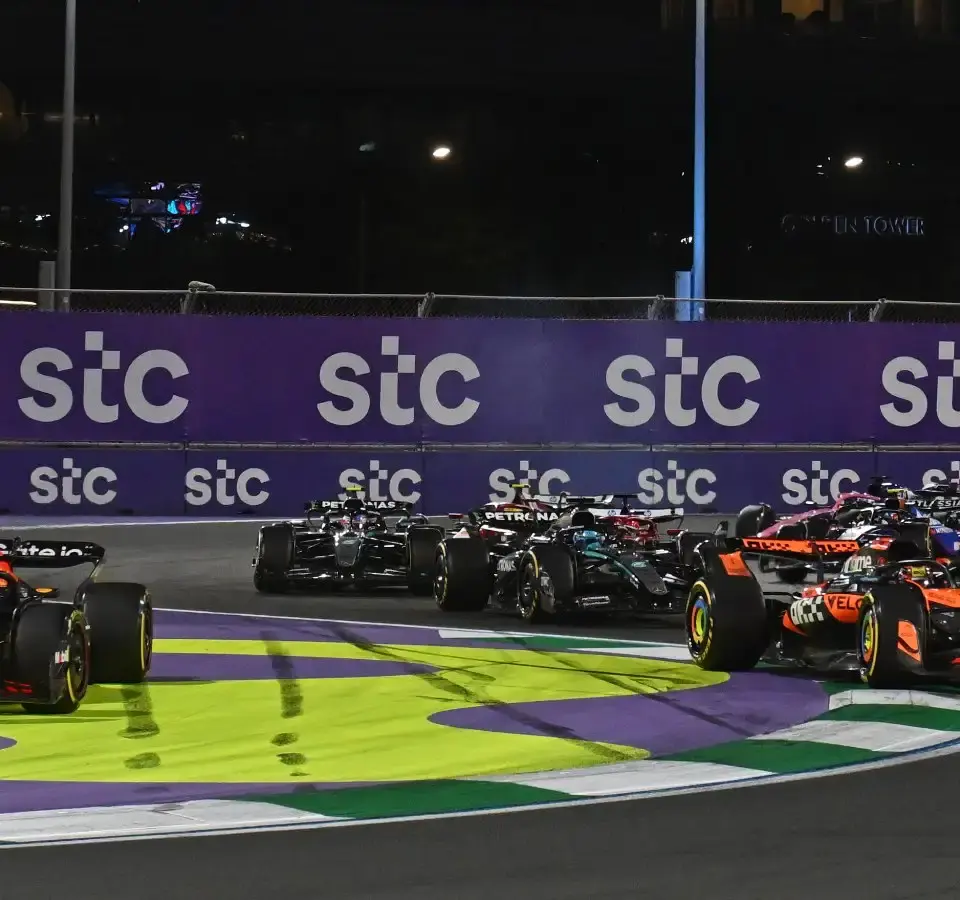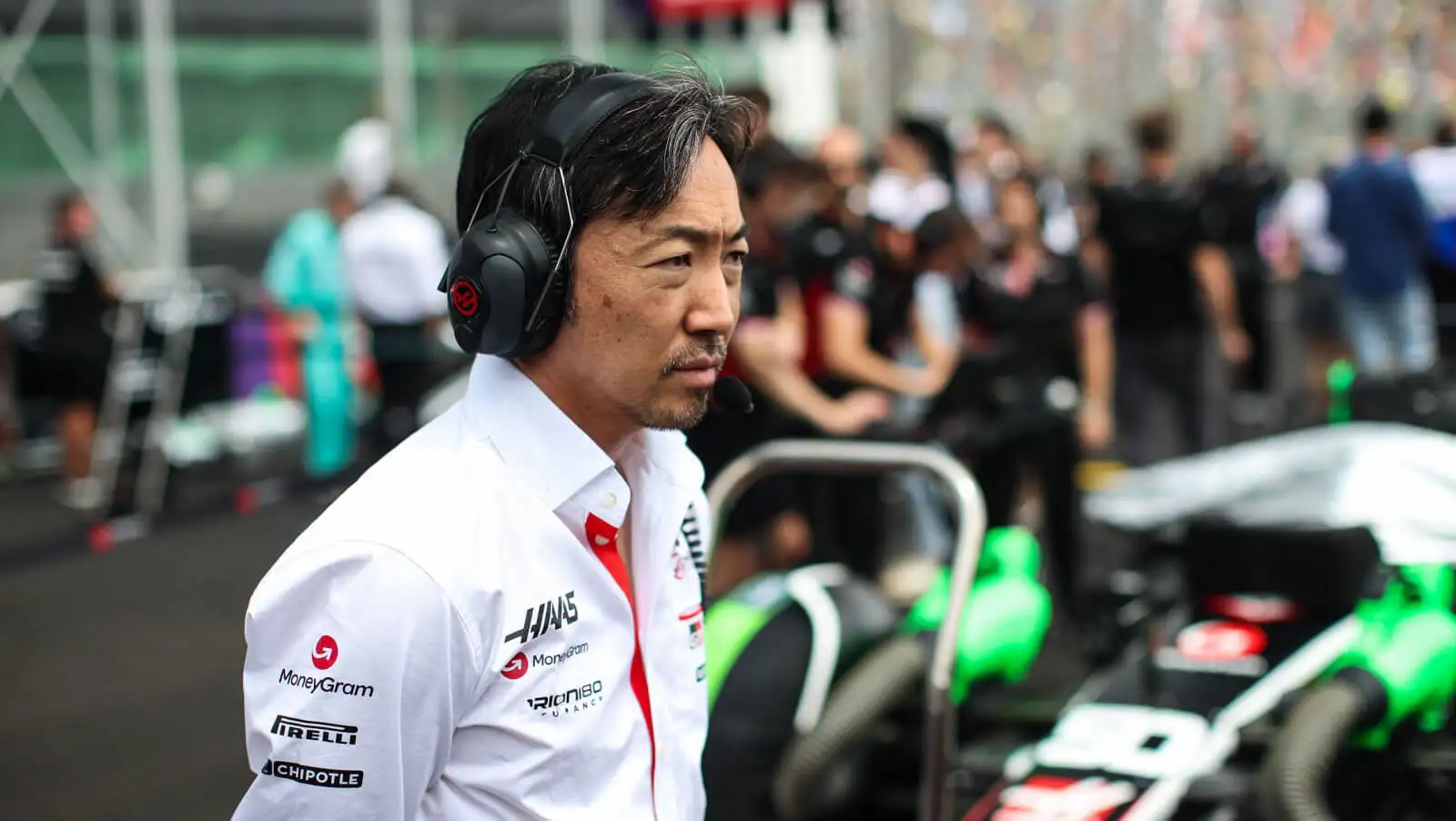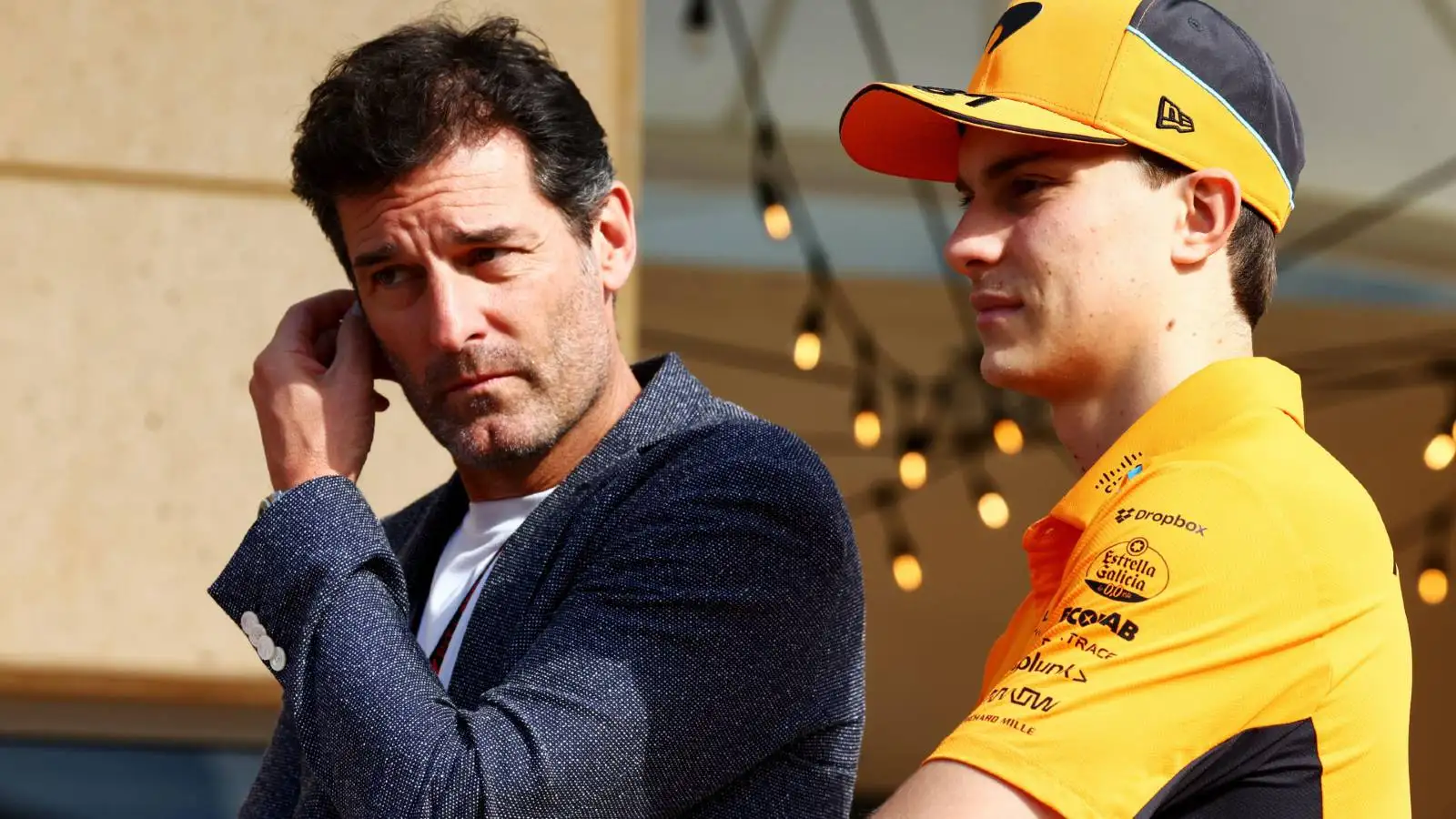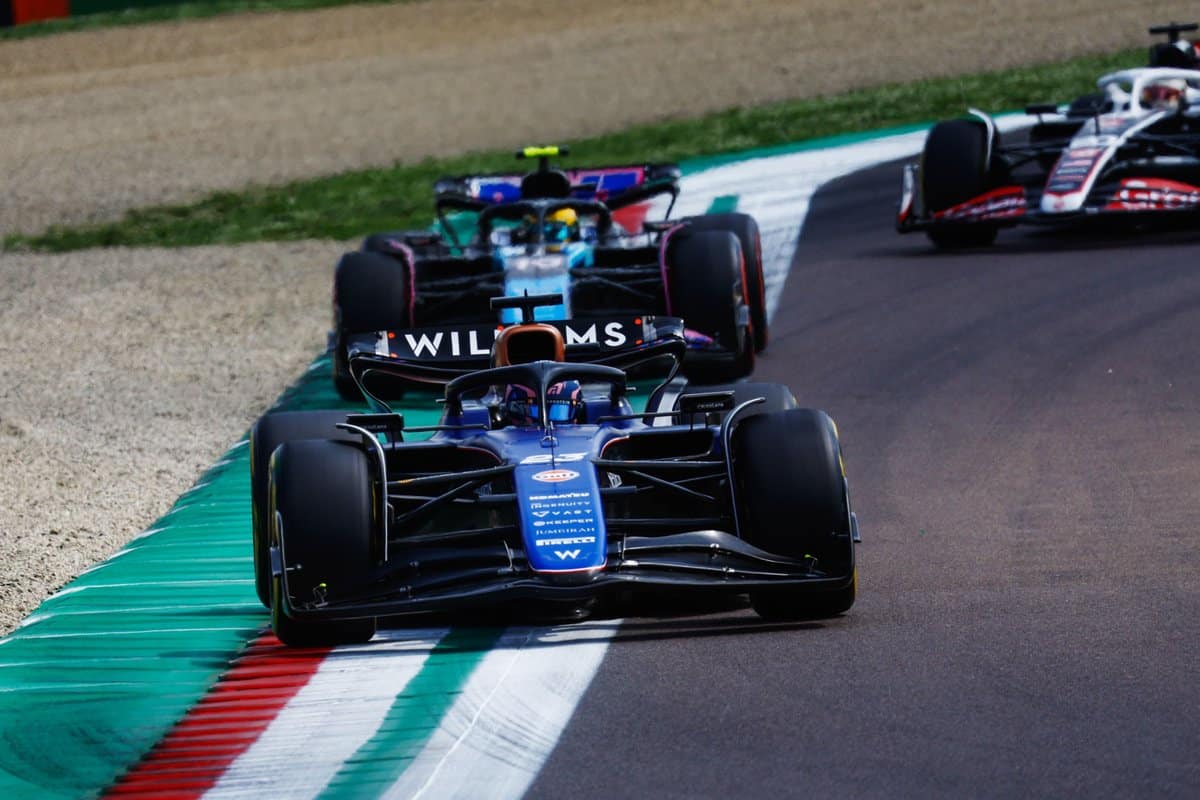Max Verstappen found himself in the spotlight for the wrong reasons at the Saudi Arabian GP, with his aggressive first-lap tactics drawing mixed reactions from the Formula 1 community.
Former Red Bull Sporting Director Jonathan Wheatley expressed his dissatisfaction with Red Bull’s handling of Verstappen’s decision to cut the corner during the opening lap. Wheatley, now leading the Sauber team, felt that Verstappen should have returned the position to Oscar Piastri, who had outpaced him at the start, rather than bolting ahead and trying to create a gap.
Wheatley’s comments come after Verstappen, starting from pole, faced immediate pressure from McLaren’s Oscar Piastri. Though Piastri gained an edge at Turn 1, Verstappen’s choice to cut the corner allowed him to maintain his lead. Piastri voiced his discontent: “He needs to give that back,” to which Verstappen replied, “He just pushed me off.” Piastri believed Verstappen wouldn’t have made the corner, regardless of his presence on the track.
The stewards sided with Piastri, attributing a five-second penalty to Verstappen. Despite the penalty, Verstappen’s ability to drive in clear air enabled him to minimize the time lost. However, Wheatley opined that giving back the position would have been the wiser move, with an immediate counter-attack following suit. “I mean, I would have done something different,” Wheatley noted, suggesting an alternative strategy that involved conceding the position.
Christian Horner, Red Bull’s current team principal, defended the decision, arguing that Verstappen was ahead at the apex, making the penalty excessively harsh. Horner articulated that giving back the lead would have exposed Verstappen to dirty air and risks from competitors like George Russell. Hence, the team opted for Verstappen to keep pushing despite the penalty, which Horner described as overly strict.
Reflecting on a similar scenario last season at the Circuit of the Americas, where Lando Norris was penalized for breaching track limits while engaging with Verstappen, Wheatley pointed out Red Bull’s consistent stance on such matters. Horner’s belief that the stewards’ decision was too rigid echoes the ongoing debate about the rules of engagement in F1.
The Saudi Arabian GP incident highlights the contentious nature of race strategy decisions and the differing philosophies on handling infractions during the heat of competition. The divergent views between former and current Red Bull staff underscore the complexity of Formula 1 racing strategy.










